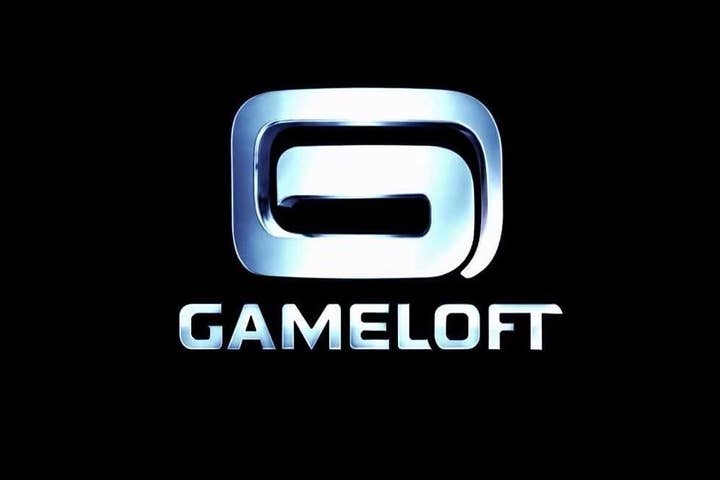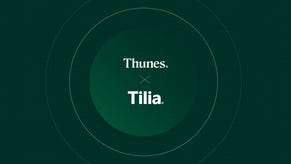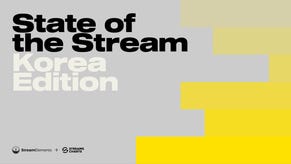Vivendi in process of mandatory takeover bid for Gameloft
Ownership of over 30% of shares triggers compulsory buyout
Vivendi is engaged in a mandatory take over bid of mobile publisher Gameloft, a move which was triggered by its ownership of over 30 per cent of its stock. The company now holds 30.01 per cent of shares, giving it 26.72 per cent of voting rights, so it must make a public offer to buy shares from other investors. Could Vivendi be looking to fill the gap in its portfolio left by the sale of Activision Blizzard?
The move was announced yesterday in a public statement after Vivendi crossed the 30 per cent barrier.
In French law, owning more than 30 per cent of shares in a company means that the buyer must make a public declaration and attempt to purchase a controlling stake with a public buyback at a reasonable price, as explained below in the explanation from UKPracticalLaw.com.
"Individuals or legal entities that come to hold more than 30 per cent of a listed company's share capital or voting rights must immediately...file a tender offer for all the outstanding equity securities"
"Individuals or legal entities that come to hold (alone or in concert, directly or indirectly) more than 30 per cent of a listed company's share capital or voting rights must immediately inform the company and the Financial Markets Authority (AMF) and file a tender offer for all the outstanding equity securities and any securities giving access to the company's share capital or voting rights.
"The mandatory tender offer price must be at least the highest price paid by the bidder for securities of the target during the 12-month period preceding the crossing of the 30 per cent threshold."
However, whilst the offer is mandatory, there is no compulsion for investors to sell, so the deal may still falter if Vivendi fails to secure 50 per cent of shares. Nonetheless, the offer tabled by the company represents a very attractive proposition for most investors, with Vivendi offering a price of €6 for every remaining share. "A premium of 50.4 per cent over the share price on October 14, 2015, prior to Vivendi's announcement that it became shareholder of Gameloft, and a premium of 22.9 cent over the weighted average share price over the past 6 months."
"These investments are part of a strategic vision of the operational convergence between Vivendi's content and distribution platforms on one hand and the products of the two companies on the other"
HSBC is handling Vivendi's bid, which is detailed in full, in French, here. In addition to the media conglomerate's increasingly aggressive pursuit of Gameloft, it now owns a 14.9 per cent holding of Ubisoft, and alluded to the potential for an advantageous buyout opportunity in a statement, seemingly intimating that its eventual goal was to control both Gameloft and Ubisoft to create a transmedia conglomerate centred firmly in France.
"After the necessary sale of Activision Blizzard to reduce Vivendi's significant debt, the Group decided, in October 2015, to invest in Ubisoft (holding a current interest of 14.9 per cent) and Gameloft (holding in excess of the threshold of 30 per cent as of February 18, 2016). Today, Vivendi is the largest holder of shares of these two leading video game companies, each of which is headquartered in France, facilitating business cooperation. These investments are part of a strategic vision of the operational convergence between Vivendi's content and distribution platforms on one hand and the products of the two companies on the other."
It's far from the first indication that the former Activision Blizzard owner is looking seriously at a takeover bid for Ubisoft, something which has been openly resisted by Yves Guillemot and the rest of the Ubisoft management. In fact, the company held an investor conference in London yesterday to reassure shareholders that it would not roll over to an aggression from Vivendi. Even so, if Vivendi is willing to proffer the right prices, Ubisoft and Gameloft might both soon find themselves in an indefensible position.









